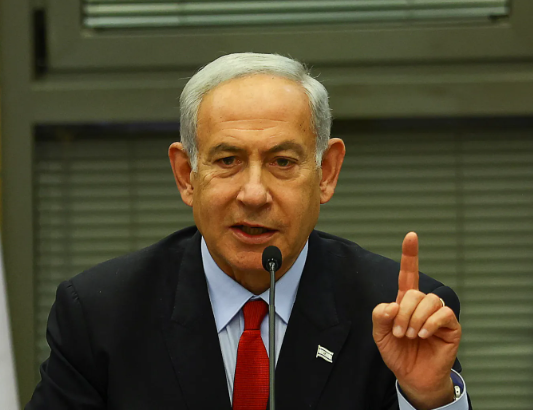Jacob Davis
CSMS Magazine
The recent rejection of the latest ceasefire deal by Prime Minister Benjamin Netanyahu has stirred a wide range of reactions among Israelis. The country remains deeply divided over the ongoing conflict, and Netanyahu’s decision has only intensified these divisions, reflecting a complex web of emotions ranging from frustration and fear to steadfast support and resilience.
A portion of the Israeli population continues to support Netanyahu’s hardline approach towards security and defense. For many Israelis, particularly those who have endured the brunt of rocket attacks and other forms of violence from militant groups, the rejection of the ceasefire deal is seen as a necessary step to ensure long-term security and stability. These citizens believe that conceding to a ceasefire under the current terms would only provide temporary relief and allow militant groups to regroup and rearm.
Calls for Peace and Diplomacy
On the other hand, there is a growing call for peace and diplomatic resolution among Israelis who are weary of the perpetual state of conflict. These individuals, including peace activists and a substantial segment of the younger generation, view the rejection of the ceasefire as a missed opportunity to de-escalate the situation and move towards a more sustainable peace process.
Many Israelis in this camp express frustration and disillusionment with the ongoing cycle of violence. They believe that continuous military engagements only perpetuate suffering on both sides and that a negotiated ceasefire, even if imperfect, could pave the way for more comprehensive peace talks. This group is vocal in advocating for an approach that prioritizes dialogue and mutual concessions over military solutions.
Fear and Anxiety
Amid these polarized viewpoints, a pervasive sense of fear and anxiety looms over the country. For many Israelis, the rejection of the ceasefire deal brings with it the threat of continued or even escalated violence. The uncertainty and the potential for further civilian casualties, property damage, and disruption of daily life weigh heavily on the minds of many.
Parents worry about the safety of their children, particularly those living in areas within range of rocket attacks. Businesses and schools face the challenge of operating under the constant threat of air raids. The psychological toll of living in such an environment cannot be underestimated, and it contributes to a collective desire for some form of resolution, however elusive it might seem.
Political Implications
Netanyahu’s decision also has significant political implications within Israel. His stance has further polarized the already fragmented political landscape, with opposition parties and figures criticizing his approach as being too rigid and unyielding. These critics argue that a more flexible and pragmatic strategy is necessary to break the cycle of violence and achieve lasting peace.
Conversely, Netanyahu’s supporters within the political arena praise his commitment to Israel’s security, viewing his rejection of the ceasefire as a principled stand against external pressures and threats. This ongoing debate is likely to influence upcoming elections and shape the future political direction of the country.


